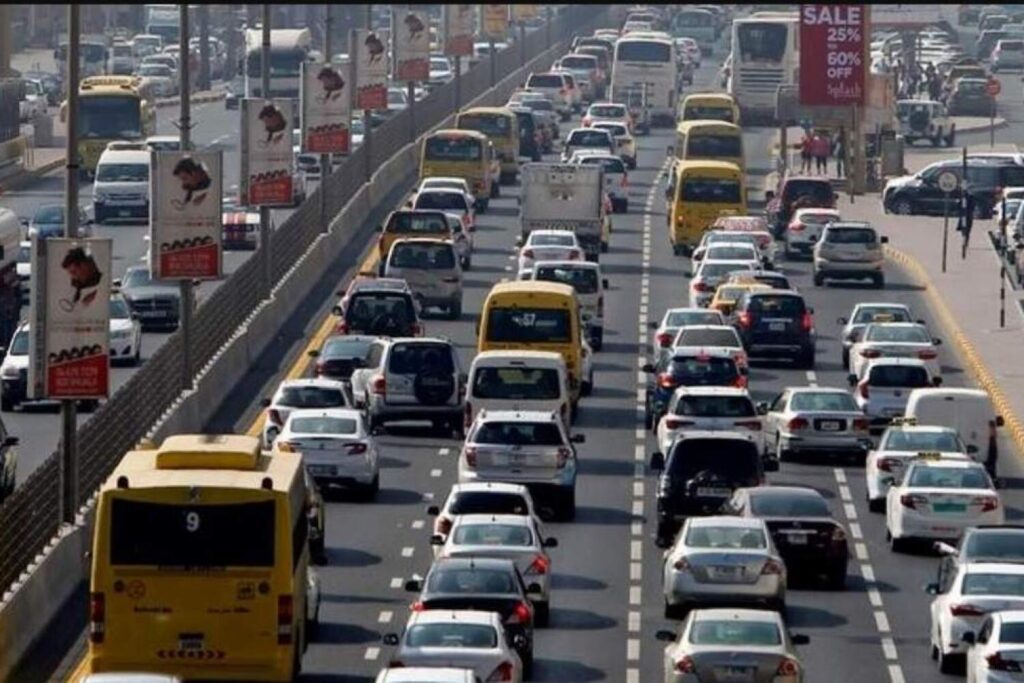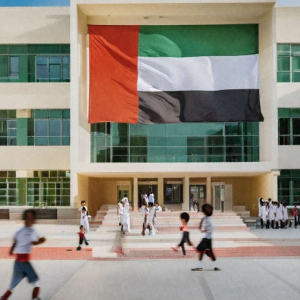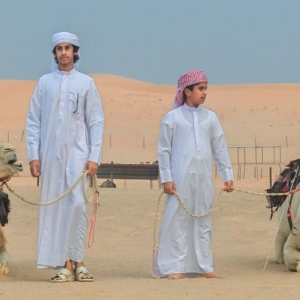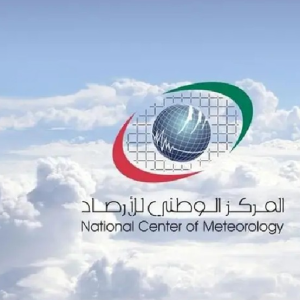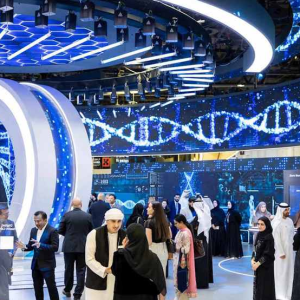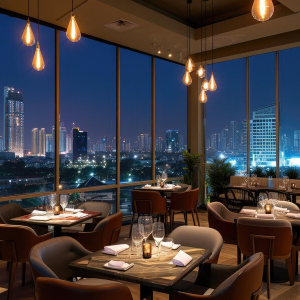As Ramadan 2025 begins, authorities across the UAE have put in place extensive traffic management plans to ensure smooth vehicular movement during peak hours. With increased travel around iftar time and late-night visits to mosques and markets, traffic congestion can become a challenge. However, proactive measures by traffic departments aim to ease the flow and enhance road safety for all commuters.
Increased Patrols and Traffic Monitoring
Traffic authorities in Dubai, Abu Dhabi, Sharjah, and other emirates have deployed additional patrol units and surveillance systems to monitor roads, especially near mosques, shopping centers, and popular dining spots. Smart cameras and AI-driven monitoring systems have been activated to detect congestion and redirect traffic accordingly.
Dubai Police and the Roads and Transport Authority (RTA) have issued guidelines urging motorists to drive cautiously, particularly before iftar when drivers may be rushing home to break their fast. Radar enforcement has been heightened to curb speeding violations, and extra officers are stationed at major intersections to prevent bottlenecks.

Revised Work and School Timings to Reduce Rush
To further ease congestion, government offices and private companies have implemented adjusted Ramadan working hours. Schools have also modified their schedules, ensuring students and employees can travel at non-peak hours, reducing overall road stress.
Public transport services, including the Dubai Metro and public buses, are extending their operating hours to accommodate increased passenger demand during iftar and late-night prayers. Additional taxis and ride-hailing services have been introduced to meet the rising commute needs.

Dedicated Iftar and Prayer Zones to Improve Traffic Flow
Recognizing that many drivers might break their fast while on the road, dedicated iftar distribution points have been set up at key locations to prevent random stops on busy highways. Authorities have also urged motorists to refrain from abrupt parking near mosques and have designated specific zones for prayers to prevent illegal parking and road obstructions.
Public Awareness Campaigns for Safer Roads
Authorities have launched awareness campaigns to educate drivers about road safety during Ramadan. Messages on social media, billboards, and radio channels emphasize the dangers of speeding, drowsy driving, and distracted driving, particularly among fasting individuals.
The Ministry of Interior has reminded motorists to leave early to avoid last-minute rushes and to remain patient and courteous, reflecting the true spirit of Ramadan. In addition, campaigns promoting carpooling and public transport use aim to reduce vehicle load on roads.
Emergency Response and Road Assistance Services
To handle any road emergencies, authorities have ramped up roadside assistance teams and medical response units. In case of vehicle breakdowns or accidents, quick-response units will ensure minimal disruption to traffic flow. Dedicated hotlines have also been set up for reporting road issues, helping authorities take swift action.
Conclusion
With well-coordinated efforts from traffic authorities, police, and public transport services, road conditions during Ramadan are expected to remain under control despite increased travel demand. By adhering to traffic regulations and adopting responsible driving habits, residents can contribute to a safer and more efficient commute during the holy month. These measures not only help prevent congestion but also uphold the values of patience, discipline, and community well-being that Ramadan represents.
Do follow Uae stories for more Updates
How the UAE Is Saving Wildlife and Protecting Nature Like Never Before

